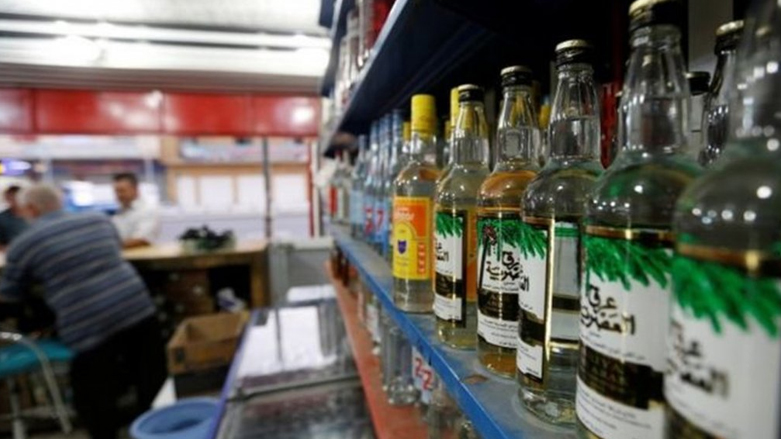Iraqi Sunni leader calls on Baghdad to ban alcohol sales

ERBIL (Kurdistan 24) – A senior Iraqi religious authority on Friday called on the new interior minister of the country to bar shops from selling alcoholic beverages in the capital of Baghdad.
Iraq’s self-styled Grand Mufti or highest religious authority of all Sunnis in the country, Sheikh Abdul-Mahdi al-Sumaidaie, made the statement during his Friday sermon in the capital.
“I am surprised by the Islamic parties of today, ruling the country as liquor stores are publicly open and unfortunately guarded by police forces,” Sumaidaie told attendees at his Mosque.
“We want the new minister of interior, who belongs to the Ahl al-Bayt, to fear God and close those shops.”
The phrase Ahl al-Bayt means “The People of the House,” used to refer to people who are of the Islamic faith.
In late 2016, Iraqi lawmakers, by a majority vote, passed through a highly controversial bill that prohibited the import, sale, and production of alcoholic drinks, but it is yet to be enforced, and the national Supreme Court has not ratified it.
In mid-March, local health authorities in Baghdad announced the closure of many restaurants and cafes that serve alcoholic beverages to their customers on the grounds they did not have the necessary permits.
Many Iraqis, including the Christian community, some of which are engaged in the business, highly criticized the move as further consolidation of religious restrictions on the freedoms of the rest of society.
A health report by the World Health Organization (WHO) issued in late 2014 on the rate of per capita alcohol consumption around the world ranked Iraq as twelfth among the 22 Arab countries of the world.
Following months of political deadlock, the Iraqi parliament on Monday finally voted in the still-then vacant ministerial posts of interior, defense, and justice. Yassin al-Yasiri was elected as Prime Minister Adil Abdul-Mahdi’s interior minister, a position traditionally filled by a Shia Muslim.
In late December, Grand Mufti Sumaidaie was at the center of another divisive squabble when he issued a fatwa, or a religious edict, stating “it is not permissible to celebrate the New Year or congratulate it or participate in it.”
The pronouncements of individuals with Sumaidaie’s rank, though not legally binding, hold significant sway over public opinion and behavior. His fatwa was denounced by Iraqi churches and the Kurdistan Region’s religious authority for intolerance towards members of other faiths.
Editing by Nadia Riva

